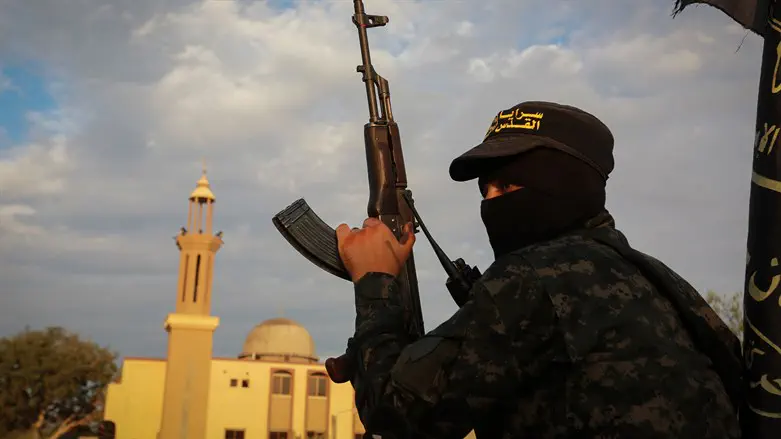
In the modern era, Western democratic nations face a complex challenge in their struggle against terrorist organizations. The fundamental gap between the two sides isn't merely rooted in military or technological power, but primarily in their worldview and fundamentally different value systems.
Gap in Worldview and Values
The Western democratic state is committed to humanitarian values, the rule of law, and international conventions. It is bound by moral and legal constraints that dictate its method of warfare. Its soldiers are educated on values of protecting human life, respecting the enemy, and avoiding civilian casualties. Its commanders lead from the field and take personal responsibility for their actions.
In contrast, terrorist organizations operate without moral or legal constraints. They sanctify death and use civilian populations as human shields. Their commanders hide underground while their fighters are motivated by extreme ideology and financial incentives. They identify the democratic society's vulnerabilities and exploit them to their advantage.
Asymmetry in the Value of Human Life
One of the most striking expressions of this gap is the attitude toward human life. A democratic society is willing to pay a heavy price for the release of a single soldier or even the return of their remains.
Terrorist organizations view human life as a tool in a broader strategic game. They are willing to sacrifice hundreds of their people for a symbolic blow to the enemy.
The Strategic Challenge
Reality shows that Western armies struggle to achieve absolute victory in the fight against terrorist organizations. In the Israeli context, the IDF's last significant successes were in conventional wars up until 1973, when the military doctrine was more aggressive and less constrained by humanitarian considerations.
The Need for Balance
Despite these challenges, it's important to emphasize that maintaining democratic values is a strategic asset, not just a burden. It allows the state to preserve its moral character and its standing in the international community. However, in the complex reality of the Middle East, a combination of significant military power alongside diplomacy is sometimes required.
Conclusions and Courses of Action
The fight against terrorism requires rethinking military and diplomatic strategy. Systematic and long-term action is needed to eliminate terrorist infrastructure, while maintaining a delicate balance between the need to exercise significant force and the obligation to preserve democratic values.
Ultimately, the challenge facing a democratic state is finding a way to fight terrorism effectively without losing its identity and values. This is an ongoing struggle that requires constant adaptation of operational patterns, with the understanding that in the Middle East, sometimes a significant show of force is needed to maintain deterrence and regional stability.
The experience of recent decades has shown that while Western democracies may possess superior military capabilities, their effectiveness is often limited by their own moral and legal constraints. This isn't necessarily a weakness - it's a reflection of the values these societies hold dear. However, it does create a significant challenge in confronting organizations that don't operate under the same constraints.
A particular challenge arises from the asymmetric nature of this conflict. While democratic states invest heavily in protecting civilian lives - both their own and those of their enemies - terrorist organizations often deliberately target civilians and use their own population as shields. This creates a complex moral and tactical dilemma for democratic forces: how to effectively combat an enemy that exploits their moral constraints as a tactical advantage.
The solution isn't to abandon democratic values, but to develop new strategies that can work within these constraints while still being effective. This might include:
- Long-term intelligence operations
- Precision targeting of terrorist infrastructure
- International cooperation in combating terror - Development of new technologies that enable more precise military actions
- Building resilience within the democratic society itself
History has shown that while these conflicts are complex and often protracted, democratic values themselves can be a source of strength rather than weakness. The challenge lies in finding the right balance between maintaining these values and developing effective counter-terrorism strategies.
IDF Major (Res.) Guy Farache is Duvdevan Foundation Director of Development. The foundationis a non-profit organization committed to supporting IDF Special Forces personnel from the elite Duvdevan unit, during and after their service.